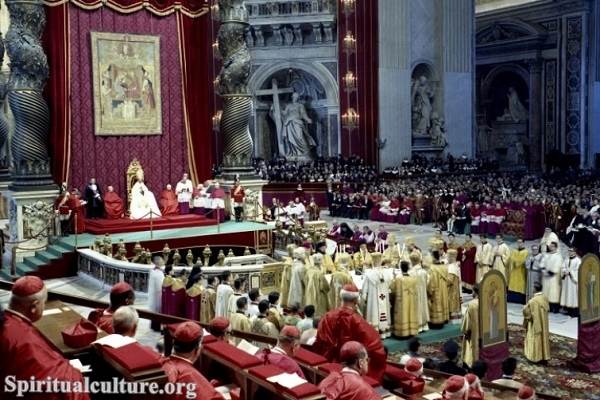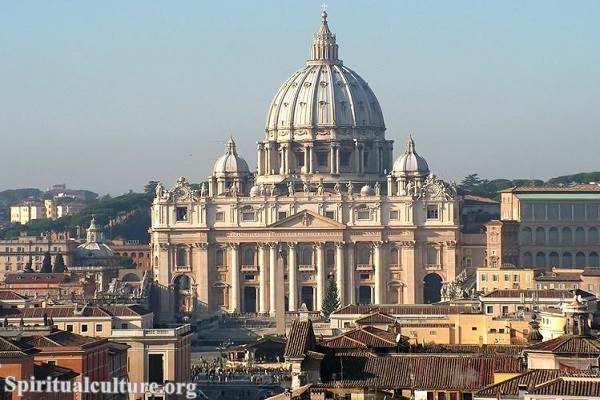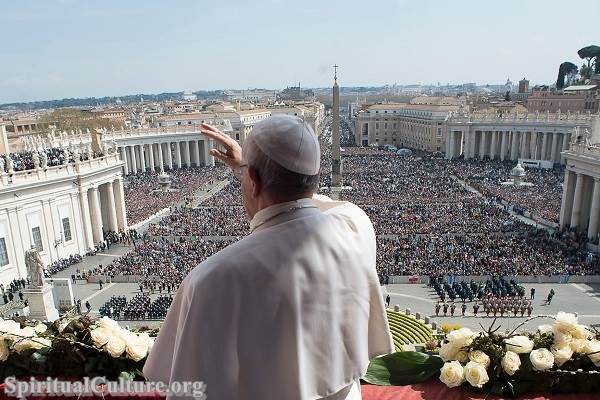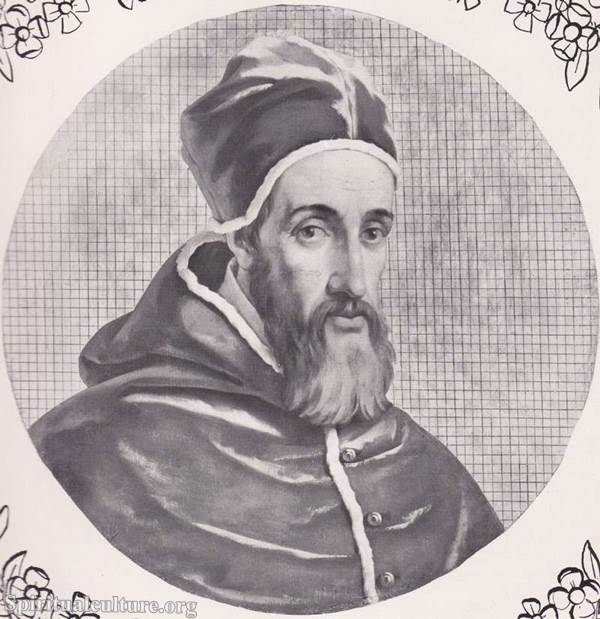Pope Leo XII, born Annibale Francesco Clemente Melchiorre Girolamo Nicola Sermattei della Genga, was a significant figure in Catholicism, leading the Roman Catholic Church as its 252nd pope from 1823 until his death in 1829. His pontificate was marked by strong conservatism, religious zeal, and an unwavering commitment to the traditions of the Church.
This article aims to explore the life and contributions of Pope Leo XII to Catholicism.
Early Life and Path to Priesthood
Born on August 22, 1760, in the castle of Genga, Italy, Pope Leo XII came from a noble family. He was introduced to the religious life at a young age and was educated at the Collegio Campana and later at the La Sapienza University in Rome. He was ordained as a priest in 1783, after which he held various positions within the Church, including Canon of the Vatican Basilica, Vice-Legate of Bologna, and Apostolic Nuncio to Lucerne and Cologne.
Papacy
On September 28, 1823, he was elected Pope, taking the name Leo XII. His pontificate was marked by a return to a more conservative approach to Catholicism, following the liberal tendencies of his predecessor, Pius VII. He reaffirmed the Church’s stance on issues such as divorce, censorship, and the relationship between Church and State.
Contributions to Catholicism
Pope Leo XII is remembered for his efforts to uphold the traditions of Catholicism in a rapidly changing world. He aimed to restore the Church’s moral authority, which had been undermined by the French Revolution and the Napoleonic era.
One of his most significant contributions was the issuance of the Papal Bull “Quo Graviora,” which reaffirmed the Church’s condemnation of secret societies, particularly the Freemasons. He believed these groups were a threat to the Church’s influence and values. He also condemned the Bible societies which sought to translate and distribute the Bible without the Church’s supervision.
Furthermore, Leo XII sought to strengthen the Church’s internal structure. He reformed the Roman Curia, the administrative apparatus of the Church, and established the Sacred Congregation of the Propaganda, a group dedicated to spreading Catholicism worldwide.
Under his leadership, the Church was also involved in diplomatic affairs, mediating between Austria and Spain in their dispute over South American colonies. This demonstrated the Church’s influence in global politics, even in an era of increasing secularization.
Legacy
Pope Leo XII’s pontificate was not without controversy. His strict and conservative approach to Catholicism was met with resistance, particularly from the more liberal factions within the Church. However, his commitment to preserving the Church’s traditions and moral authority is a testament to his dedication to Catholicism.
Despite his relatively short reign, Pope Leo XII left a lasting legacy within the Church. His efforts to uphold Catholic values in the face of societal change set a precedent for future Popes. His unwavering commitment to the Church’s traditions and his efforts to strengthen its internal structure helped to shape Catholicism into the global force it is today.
In conclusion, Pope Leo XII was a significant figure in the history of the Roman Catholic Church. His conservative approach, commitment to Catholic traditions, and efforts to preserve the Church’s moral authority in a rapidly changing world remain a testament to his dedication to the faith. His legacy continues to resonate within the Church, reminding us of the importance of steadfastness in our beliefs in the face of societal change.





